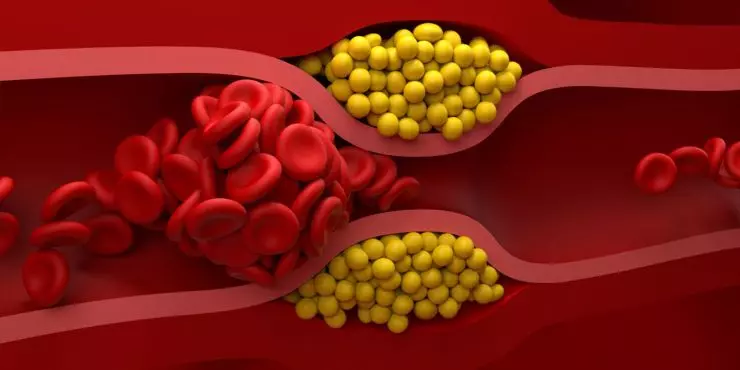High levels of low-density lipoprotein (LDL), commonly known as “bad” cholesterol, can increase the risk of heart disease and stroke. Fortunately, numerous lifestyle and dietary changes have been scientifically proven to help lower LDL cholesterol levels.

1. Adopt a Heart-Healthy Diet
Incorporating foods rich in soluble fiber, such as oats, beans, lentils, apples, and pears, can help reduce the absorption of cholesterol into your bloodstream. Additionally, consuming healthy fats found in olive oil, avocados, and fatty fish like salmon can lower LDL levels. Harvard Health+3Mayo Clinic+3health.harvard.eduwww.health.harvard.edu+3
2. Increase Physical Activity
Engaging in regular physical activity can help raise high-density lipoprotein (HDL), the “good” cholesterol, while lowering LDL cholesterol. Aim for at least 30 minutes of moderate-intensity exercise, such as brisk walking, most days of the week. Harvard Health+2MedlinePlus+2Mayo Clinic+2Mayo Clinic
3. Maintain a Healthy Weight
Carrying excess weight can contribute to high cholesterol levels. Losing even a small amount of weight can help reduce LDL cholesterol and triglycerides while increasing HDL cholesterol. Healthline+1Mayo Clinic+1
4. Quit Smoking
Smoking cessation improves HDL cholesterol levels and benefits your heart health overall. Within a year of quitting, your risk of heart disease is half that of a smoker. EatingWell+3Mayo Clinic+3MedlinePlus+3
5. Limit Alcohol Intake
Moderate alcohol consumption has been linked to higher levels of HDL cholesterol. However, excessive drinking can lead to serious health problems, including high blood pressure and heart failure. If you choose to drink, do so in moderation. Mayo Clinic
6. Manage Stress
Chronic stress may raise LDL cholesterol and lower HDL cholesterol. Incorporating stress-reducing practices such as meditation, deep breathing exercises, and regular physical activity can help manage stress levels. MedlinePlus+1Hospital Sisters Health System (HSHS)+1
7. Get Adequate Sleep
Lack of sleep can negatively affect cholesterol levels. Aim for 7 to 9 hours of quality sleep each night to help maintain healthy cholesterol levels.
8. Consider Plant Sterols and Stanols
These naturally occurring substances found in plants can help block the absorption of cholesterol in the digestive tract. Foods fortified with sterols and stanols are available and can be a useful addition to a cholesterol-lowering diet. health.harvard.eduwww.health.harvard.edu+2Harvard Health+2Harvard Health+2
Read Also: 15 incredible facts about your body you didn’t know
9. Use Supplements Wisely
Some supplements, such as omega-3 fatty acids, psyllium husk, and coenzyme Q10, have been shown to help lower cholesterol levels. Consult with a healthcare provider before starting any supplement regimen.
10. Regular Health Screenings
Regular cholesterol screenings can help you monitor your levels and assess your risk for heart disease. Work with your healthcare provider to determine how often you should have your cholesterol checked.Health+1Harvard Health+1
By implementing these scientifically proven strategies, you can take proactive steps toward lowering your bad cholesterol and improving your overall heart health.
Follow my Facebook Page Here



